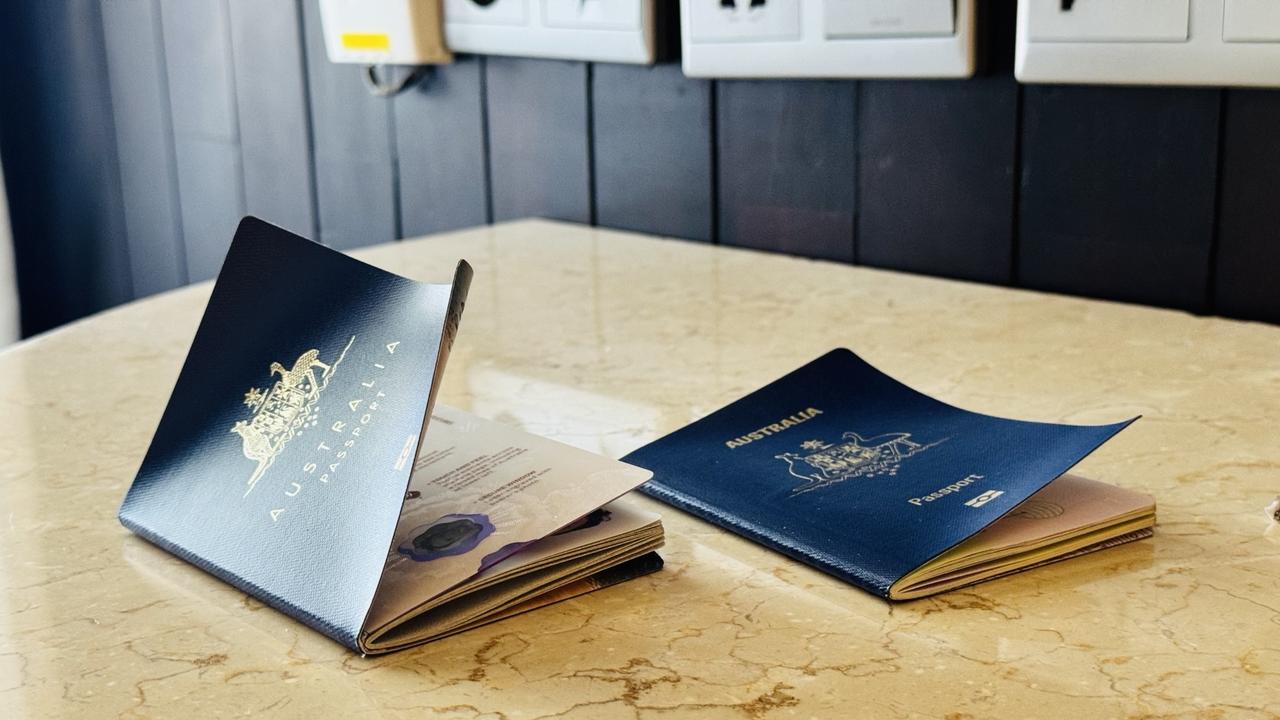
John Hawk Insunrated – Passport Over Price Tag is the mantra echoing across American households this June 2025. Despite economic worries and a persistently weak dollar, U.S. travelers are heading to Europe in numbers that are surprising even seasoned analysts. A 10% surge in U.S.–Europe travel has been forecast for this season, a trend driven by a mix of pent-up wanderlust, creative budgeting, and the search for meaningful experiences abroad. Americans are choosing experiences over savings. The value of cultural immersion and scenic backdrops is outweighing concerns about fluctuating exchange rates. While economists warn of rising consumer debt, airlines and travel platforms are seeing record bookings.
Rather than cancel plans, Americans are simply adapting. Travelers are booking closer to departure dates. Vacationers are opting for accommodations outside city centers. Flights with multiple layovers are being accepted as the new norm. Budgeting tactics have evolved. Families are using flight alerts and travel point redemptions. Others are choosing destinations like Albania, Slovakia, or northern Portugal—where costs remain relatively low. A sense of adventure is being revived. Tourists are skipping Paris and Rome in favor of Balkan coastlines and Polish historic towns. Travel influencers are showcasing affordable itineraries on platforms like TikTok and Instagram. Videos on “hidden Europe” are reaching millions of views daily.
“Read about: Morocco, Egypt, Tunisia: The New Favorites for UK Holidaymakers”
Digital platforms reshape how Americans book trips. Dynamic pricing alerts and AI planners simplify decision-making. Mobile apps make travel accessible. Airlines keep flexible booking policies after the pandemic. Many carriers offer refunds and no-fee date changes. These options fuel spontaneous travel plans. Flash deals spread quickly through social media. Travelers receive real-time alerts to catch fast-moving discounts. First-time travelers use translation tools and currency converters with ease. New travel apps remove barriers for global exploration.
Millennials and Gen Z are leading the charge. These generations prioritize experiences over material goods. Many are willing to eat instant noodles at home to fund a week in Europe. For them, authenticity trumps luxury. Group travel among friends is trending again. Shared Airbnb rentals and communal meals reduce expenses. Young travelers are also choosing night trains and buses over flights to save both money and emissions. Boomers, on the other hand, are favoring curated experiences. River cruises and historic tours in less-touristed European villages are gaining traction. Some boomers have delayed retirement plans but continue to prioritize summer travel.
European tourism boards show both excitement and caution. Crowds fill major tourist hotspots. Smaller towns face increased infrastructure pressure. Hotels report tight availability for July and August. Cities like Venice implement tourist taxes to balance rising costs. Venice charges entrance fees to manage peak season crowds. France and Spain increase train schedules for summer demand. Local economies gain momentum from the tourism surge. Restaurants, museums, and vendors report strong early profits. Employers recruit seasonal workers earlier than usual. Local governments boost budgets for sanitation and transportation improvements.
“Read more: Online Predator Caught: Philly Man Lured to Hotel in Sting”
Beyond the economic math lies something more human: escapism. After years of pandemic disruption, political unrest, and personal stress, Americans crave joy. Europe offers a backdrop that feels safe, cultured, and transformative. This emotional pull is fueling longer trips. Travelers are spending more time in a single region. Digital nomads are extending stays to avoid short-term airfare spikes. For many, this is about healing. Mental health experts suggest travel provides clarity and stress relief. Cultural exchange is being promoted as a remedy for burnout.
Risks remain. Prices could rise mid-season due to demand. Climate-related disruptions are also likely. Heatwaves have already been forecasted across Southern Europe. Travel insurance policies are being reviewed more closely. Medical coverage abroad is becoming a priority. Political shifts in European countries may also affect border policies and transport access. Yet the long-term outlook remains strong. Travel habits formed in 2025 may define the next decade. Travelers are becoming more strategic, more flexible, and more conscious of impact.
John Hawk Insunrated – The resurgence of analog aesthetics modern creative enthusiasts is redefining how artists and collectors engage with…
John Hawk Insunrated - personal experiments that changed my approach to daily decisions have profoundly influenced my mindset and problem-solving…
John Hawk Insunrated - creativity doesn’t have complicated formulas or rules, yet many assume innovation requires complex methods. Simplifying creativity…
John Hawk Insunrated - travel inspires my creative projects by opening new perspectives, enriching experiences, and sparking innovative ideas that…
John Hawk Insunrated - curiosity plays a vital role of curiosity personal growth by motivating individuals to explore new ideas,…